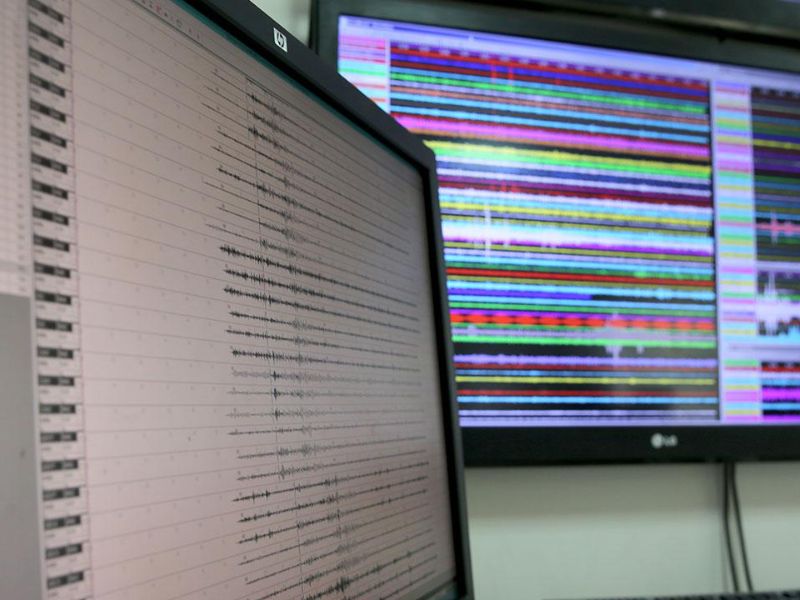Turkey’s Disaster Management Enhances Earthquake Measures with AI
The Disaster and Emergency Management Authority (AFAD) is strengthening its earthquake preparedness in Istanbul by leveraging artificial intelligence (AI). The AFAD Earthquake Pre-Damage and Loss Estimation System aims to predict potential damage and casualties, thereby assisting in effective disaster management.
AFAD’s General Director of Earthquakes and Risk Reduction, Orhan Tatar, emphasized the lessons learned from the February 6, 2023 earthquakes centered in Kahramanmaras and noted that several projects have been initiated in Istanbul.
Citing paleoseismology studies used to identify and date past earthquakes, Tatar said, “Today, we are conducting the world’s largest paleoseismology project.”
Regarding predictions on the timing and magnitude of a potential earthquake in Istanbul, Tatar remarked, “One of our biggest challenges is the lack of reliable scientific data. Speaking without accurate data only spreads fear.”
Tatar reported that numerous earthquake observation stations have been established with international projects and institutional capacity to monitor the region with various sensors continuously.
Tatar explained that AI is being used to predict pre-damage and loss in the AFAD Earthquake Pre-Damage and Loss Estimation System (AFAD-RED), which can estimate the number of casualties, injuries, damages, and the status of critical infrastructures.
With AFAD-RED, they create scenario earthquakes for each province and conduct drills to integrate AI into intervention and recovery processes, providing automatic instructions and resource management.
In regard to early warning systems, Tatar mentioned that such systems are limited to certain countries, like Japan, and could potentially be implemented in Turkey. He stressed the importance of new technologies and sociological preparedness following the February 6 earthquakes.
Reflecting on the disruptions in phone lines due to seismic activity before the April 25, 2015 earthquake in Nepal, Tatar noted that while it is impossible to predict an earthquake’s exact time and location, physical changes in the Earth’s crust could offer some clues.
Tatar urged for increased awareness about earthquake warnings in Istanbul, cautioning that such warnings could cause panic if not properly understood. He shared past experiences where fear led to tragic consequences even during smaller quakes.
Addressing migration from Istanbul due to earthquake fears, Tatar highlighted the need for comprehensive disaster preparedness across Turkey, stressing that fear alone does not solve problems. He pointed out that some residents prevent buildings from undergoing free rapid screening tests, aimed at assessing earthquake risks.
Tatar underscored the importance of urban transformation projects in Istanbul and the Marmara Region, noting that further support is essential. He praised the durability of buildings constructed by TOKI during the February 6 earthquakes.
Discussing measures following AI simulations in Istanbul and its surroundings, Tatar said, “AFAD continuously works on risk-reduction-oriented approaches, involving municipalities, local authorities, NGOs, universities, and other institutions.”
Highlighting the industrial significance of the Marmara Region, Tatar mentioned, “Marmara hosts a critical industrial zone that feeds not only Turkey but the entire world. Therefore, ensuring the continuity of industrial operations in the face of possible disasters is a priority.”
Tatar added that AFAD has prepared business continuity plans for the Marmara Region to ensure the uninterrupted functioning of industrial facilities during disasters. He also announced the establishment of the Marmara Disaster Risk Reduction Department, actively working in Istanbul.
